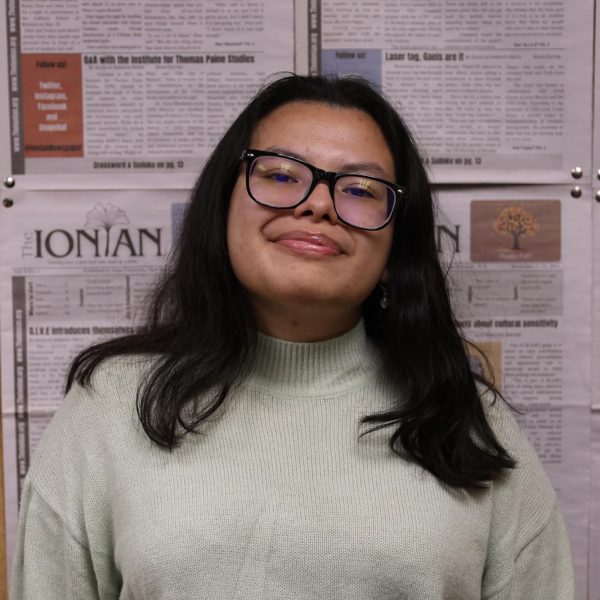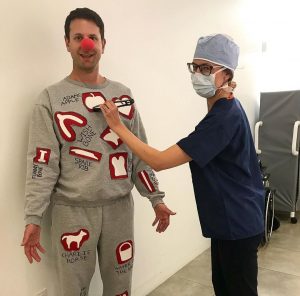This land is whose land? What local organizations are doing to help with the refugee crisis
November 17, 2022
“Refugees in Westchester County: The Local Response to a Global Crisis” was held on Nov. 15 as part of the Week of the Peacemaker.
The Week of the Peacemaker is held annually after Veterans Day to celebrate a theme related to peace and justice. This Iona tradition honors the memory and sacrifice of veterans by inviting students, faculty and staff to be engaged to be peacemakers who are knowledgeable about complex issues such as violence and global conflicts. The theme of 2022 is “This land is whose land? Exploring the complex connections between land locally, nationally and globally.”
The panelists included Dr. Meryl Nadel, Dr. Jeff Swarz and Robert Klein. Dr. Nadel served as a full-time faculty at Iona’s social work program for over 20 years. Although she is retired, Dr. Nadel continues to work part time. She is the daughter and spouse of immigrants, always wanting to understand the immigrant experience. Dr. Nadel volunteers with Westchester Jewish Coalition for Immigration (WJCI) and Northwest Bronx Coalition for Refugees. Dr. Swarz is a healthcare banker. He is the Co-Chair of the Interfaith Council for New Americans Westchester (INCAW). Robert Klein is a semi-retired architect and serves on the Scarsdale school board. He is also a board member for WJCI and Neighbors for Refugees.
The moderator was Dr. Umashankar from the religious studies program who introduced the event by acknowledging that the land that Iona resides on is of the Lenape people. The first question asked was how the panelists are involved in the refugee resettlement process locally. Dr. Nadel was inspired by her daughter to join the cause. She received an email that called for volunteers to help with Afghan family resettlement. Eventually, Northwest Bronx Coalition for Refugees was asked to help the family. The father of the family holds a SIV which stands for Special Immigrant Visa as he worked as a valued translator for the U.S. government. Currently, the Northwest Bronx Coalition for Refugees is working to resettle a Ukrainian family.
Dr. Swarz was inspired to take action by watching news coverage on TV. INCAW has been able to resettle six families in 6 years. He stresses that the organization is not a charity as their job is to make families financially independent, which usually takes a year.
Klein considered himself apolitical until 2016, wanting to help resettle Syrian refugees. However, they were not allowed to come to the U.S. during President’s Trump presidency. He soon helped form Neighbors for Refugees. HIASS, the Hebrew Immigrant Aid Society partners with community agencies like Neighbors for Refugees for a commitment of around 3 months to fill the gaps. Neighbors for Refugees has been able to help multiple families at a time and hold fundraising. As part of their many tasks they furnish apartments, order diapers and take people to dental appointments.
The panelists were asked several other questions, recounting their experiences and challenges with resettling families. For example, Westchester, although a wonderful place to live in, is quite expensive. As time goes on it has become difficult to settle families in the county as prices have gone up and the places that are available may not be suitable to raise a family. Another example is sometimes little information is given about the families days before arriving. There can be miscommunication and of course respect for the families’ privacy.



